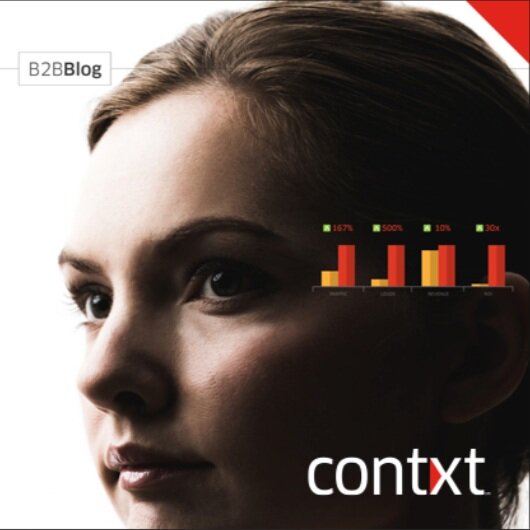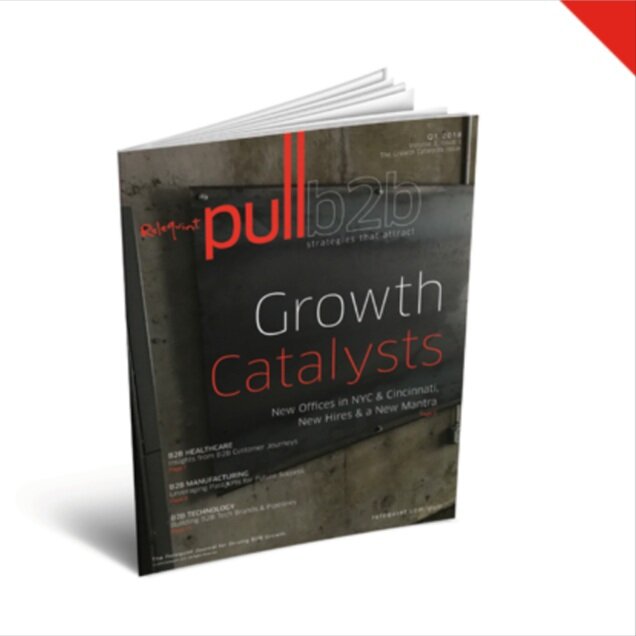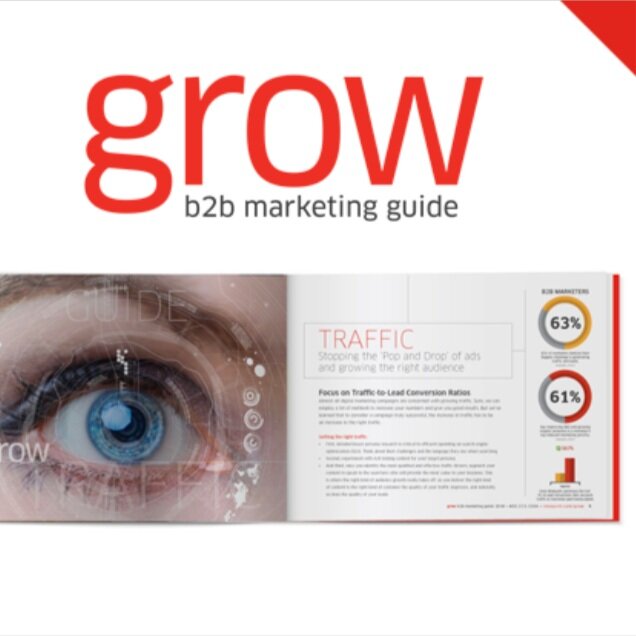 Choosing a marketing automation platform isn’t just about reviewing features and integrations and deciding which tier you’ll need for your B2B company. It’s about determining what, exactly, you’ll get for the price you’re paying each month — and whether you’ll have any costs above and beyond the base price to do what you need to do.
Choosing a marketing automation platform isn’t just about reviewing features and integrations and deciding which tier you’ll need for your B2B company. It’s about determining what, exactly, you’ll get for the price you’re paying each month — and whether you’ll have any costs above and beyond the base price to do what you need to do.
If you’re trying to decide among Marketo, Pardot and HubSpot or considering switching from one to another, we’ve done your homework for you. Here's a look at what you get for what you pay when it comes to those three major platforms.
Marketo Pricing
Marketo is popular among marketers because you can control almost every aspect of the platform via stack and it enables high degrees of segmentation. Its best features are the customer engagement engine and lead scoring, segmenting and nurturing tools.
Marketo is also the most expensive of the three major platforms and has relatively oblique pricing with no free trial available. Pricing is based on how many contacts are in your marketing database opposed to a unified subscription fee.
Marketo offers five pre-packaged bundles, as well as the option for a customized solution:
- Lead Management
- Email Marketing
- Consumer Marketing
- Customer Base Marketing
- Mobile Marketing
Within the lead management bundle, there are cumulative tiers for Basic, Pro, Elite and Enterprise.
- The Basic lead management tier starts around $3,995 per month with an unlimited amount of marketing users and a limit of 10 for the CRM sales dashboard. Email, landing pages and forms are also included in the basic version along with A/B testing, sales intelligence and social marketing.
- Pro is the most popular tier since it has all of the basic features and also includes digital ads, API integration, content management and campaign analysis tools. Pro also lets you add more users for the CRM dashboard.
- The Elite tier provides all of the features in Pro and Basic along with more sophisticated tools like the success path analyzer, revenue modeler, anonymous retargeting and more.
- The Enterprise tier is designed for large and/or global businesses. Marketo doesn’t list what it includes, but rather promises to develop a custom solution and quote based on your company’s specific needs and requirements.
Pardot Pricing
As Salesforce's automation solution, Pardot offers a seamless CRM integration if you're already a Salesforce user. Pardot's B2B marketing automation platform comes in three different price tiers: Growth, Plus and Advanced.
- The Growth tier starts at $1,250 per month and includes basic features like email marketing, tracked social posts, and lead nurturing and engagement. Some features are available in limited form such as SEO keyword monitoring, where you’re limited to 100 keywords per month.
- The most popular tier, Plus starts at $2,500 per month. It includes substantially more features that are either missing, limited quantity or only available as paid add-ons in the Growth version such as multi-touch attribution models, B2B marketing analytics and email A/B testing. Dedicated IP addresses are also available for additional charges, and Plus users get up to 10 SSL vanity domains and 250 keywords to monitor.
- The Advanced tier, which starts at $4,000 per month, opens up all Pardot features as well as advanced capabilities like 100,000 API calls per day and unlimited custom object integration (this feature is a paid add-on in Plus, as is custom user roles and permissions.) Up to 1,000 keywords can be monitored per month and 150 automation rules set, compared to 50 for Growth and 100 for Plus.
If you’re using the Growth tier, you have to pay an additional fee to unlock other features that are included in the Plus and Advanced tiers, including multivariate landing page testing, social profiling and advanced email analytics.
While Pardot’s base subscription fees are monthly, you’ll be billed annually. Each monthly fee is based on a limit of 10,000 users in your marketing database, so the prices increase based on how many prospects you’re marketing to. (Pardot doesn’t make it clear if your cost will go up if your number of contacts increases in the middle of your annual contract, and steers such questions to sales.)
Salesforce Engage — a platform that allows sales reps to use marketing-approved email templates to reach prospects at the moment of engagement and track the effectiveness of each message — is available as an add-on for $50 per month per user regardless of product tier.
HubSpot Pricing
HubSpot offers a free CRM plus Sales, Marketing and Service hubs that work together as one growth automation engine. However, each Hub can be broken down by tiers and sold separately at different levels to accommodate all budgets and needs.
HubSpot Marketing Hub
Along with free and starter packages, the Marketing Hub offers robust marketing automation capabilities starting at $800 per month for the Professional package and $2,400 per month for the Enterprise package. HubSpot requires annual contracts and typically bills annually (working with a HubSpot partner agency may help you negotiate billing cycles according to your needs). HubSpot also offers special discounts for seed-stage and Series A startups that qualify for HubSpot's startups program.

The Professional Marketing Hub package’s features include SEO and content strategy, smart content, attribution reporting and Salesforce integration in to addition the wide array of features found in the lower tiers, including conversational bots (chatbots), dedicated support and mobile optimization. HubSpot Enterprise Marketing has the most advanced features — three dozen in all — including event-based segmentation, predictive lead scoring, custom event triggers and more.
HubSpot Sales Hub
HubSpot’s free version of its Sales Hub is for a single user and includes a limited capacity of the following:
- Contract, deal and task management
- Email tracking and notifications
- Email templates and scheduling
- Document sharing
- In-app calling and call tracking
- Meeting scheduling
- Gmail and Outlook integration
- Live chat
The Starter version gives one user access to all these features with higher capacities, plus removes HubSpot branding, offers IP address prospecting and one-to-one email sequences.
Sales teams larger than one person will likely need either the Professional package, which starts at $400 per month for up to five users or the Enterprise package, which starts at $1,200 per month for up to 10 users. Both of these higher-tier packages include premium versions of the free and Starter tools above plus dozens of other features, including sales automation, prospect visit tracking, predictive lead scoring, Salesforce integration, smart send times, multiple deal pipelines and customizable reports.
HubSpot Service Hub
HubSpot offers four versions of its Service Hub, its new customer service software designed to better connect with customers and turn them into promoters. The free version includes ticketing, team email, live chat, email templates, calling, email and chat to ticket, ticket creation bots, meeting scheduling and reporting.
The paid packages of Service Hub unlock additional features. The Starter package ($50 per month for one user) includes everything in the free package plus conversation routing, email sequences and the ability to remove HubSpot branding from some of the tools.
Companies with larger customer service teams can choose from the Professional package ($400 per month for up to five users) or the Enterprise package ($1,200 per month for up to 10 users). Those include customer service automation, knowledge base, customer feedback, multiple ticket pipelines, video creation, custom support from fields, Salesforce integration and more features coming soon.
HubSpot also offers a Professional Growth Suite that includes the professional editions of Marketing Hub, Sales Hub and Service Hub, all built on top of HubSpot’s free CRM, at a 25 percent discount. The Professional package is $1,200 per month and the enterprise version is $3,600 per month. For companies that want to take full advantage of HubSpot’s all-in-one capabilities, this option is hard to beat.
The Bottom Line

In our view, Marketo and Pardot are like the PCs of the marketing automation world, where you have to purchase various add-ons and third-party integrations, and technical skills are imperative to get the platforms to work optimally for you. (Read our in-depth takes on Marketo and Pardot.)
By comparison, HubSpot is like the Apple of marketing automation platforms because it can be all-in-one, and virtually everything you need is included on the same platform with a turnkey approach. You and your team members don’t need intensive technical knowledge to customize it to your organization's needs. We’ve found it to be the most cost-effective, powerful, versatile and user-friendly platform for our B2B clients, and we believe it’s worth a look for your company, too. ![]()







 By
By 
